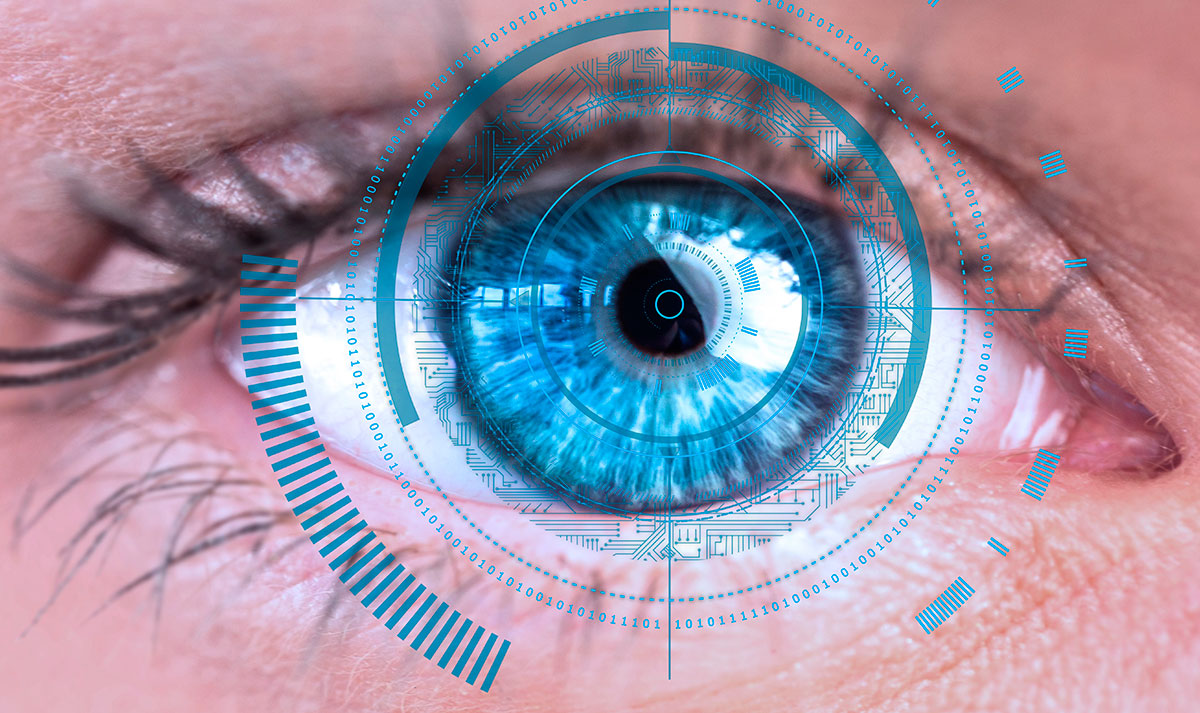Name: Nayra Lourdes González Cruz
Bachelor’s thesis in Business Administration and Management
Reading date: January 15, 2021
University of Las Palmas de Gran Canaria
Tutor: Arminda Almeida Santana
Description: All events in general, and in particular meetings, incentives, conventions and exhibitions (MICE events), require a large amount of resources and can be significant sources of greenhouse gas emissions, pollution and waste. The implementation of sustainable practices can help reduce the economic costs and the environmental impact of events, which is why it has become a megatrend that is influencing the industry. In addition, the arrival of the Covid-19 has made it more complicated to hold events and so we have moved towards virtualisation. Events are shifting to hybrid or streaming methods, and this trend is set to continue for a long time. Sustainable and digital tourism can represent an opportunity for the industry to “rebuild better”.
The general objective of this study is to carry out an analysis of the communication of the sustainability of tourist events, specifically MICE events.
The specific objectives of the project are:
1. Undertake an inventory of seals and certifications linked to sustainability. This section answers the questions: What seals and certifications exist in this area? Are there seals and certifications linked to event-specific sustainability?
2. Identify if scientific congresses in tourism make use of these seals and certifications to communicate sustainability on their web pages. Face-to-face events will be compared with hybrid or streaming events.
3. Analyse how to correctly communicate these events to generate the appropriate perception and response from consumers, with the appropriate content. The attention it generates (eye tracking) and the emotions it produces are analysed through the analysis of facial expressions.
4. Propose general recommendations for the communication of the sustainability of MICE events.
